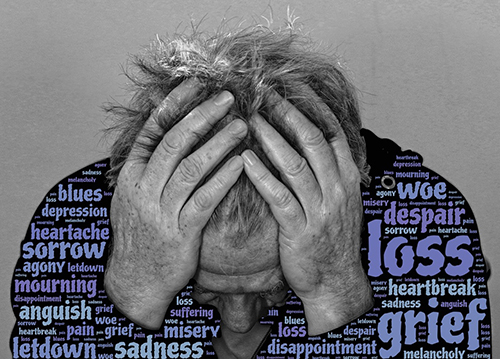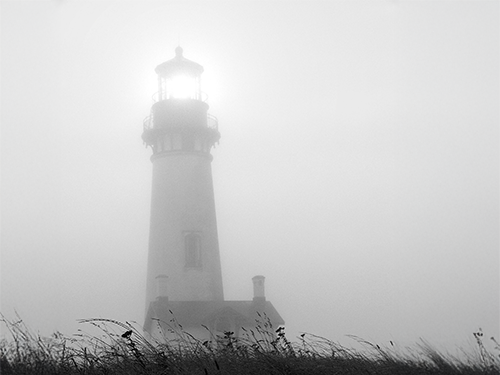How can we help?
888-283-1722
Call us now at 888-283-1722
24/7 Referrals and Nursing Support
Voices of Care Blog

When Grieving a Loved One Who Has Died From Substance Use
Posted on January 3, 2019 by Erin Uzarski, MSWhether the death is due to an opioid overdose or from long-term alcohol use, grieving a loved one who has died from substance use can feel lonely. Many loved ones report being unable to share their sorrow in the same way that they would if their loved one died from cancer or a car accident; they experience what is referred to as disenfranchised grief.
When grieving someone who has died from substance use, many have trouble finding support systems that feel free of judgment regarding the circumstances of their loved one’s death. Whether an individual believes addiction to be a choice or an illness, the process of missing someone you love is still profoundly painful.
Could I have helped prevent this death?
Those grieving someone who has died from substance use often struggle with questions about how the death could have been prevented. There are endless scenarios about what if and if only. They may wonder if they could have gotten them into treatment, would their loved one be alive today? They may insist if only he/she had been with their loved one at that fateful time, the outcome could have been different. When a loved one dies, there is often little control over that outcome from the position of the ones who are left to grieve. This is something that is often overlooked by society and perpetuates the judgments of it was their choice or they knew the risks. Such sentiments often impact those grieving, adding feelings of shame along with the belief that they don’t have the right to seek support for their loss or permission to fully mourn.
There are typically two types of experiences related to the death of a loved one from substances: Did I enable them? Or Did I fail to support them enough? Each path has its own set of challenges in the grieving process. What is crucial is that those grieving having a safe space to share freely without fear of judgment and to mourn openly as they ask questions that might have no answers.
It can be helpful for individuals to identify supports in their lives as they navigate their way through the grief process. Who can listen to the pain of grief without judgment? Who can hold that grief and offer support and compassion to the broken heart? Groups such as Al-Anon can be helpful for family members who have loved ones who are struggling with alcohol use, as well as those who have lost their loved ones who were suffering from alcoholism. Another resource is GRASP: Grief Recovery After A Substance Passing. This program has chapters throughout the United States and Canada. In searching for support, these groups can serve as opportunities to meet people experiencing similar types of complicated and/or disenfranchised grief while holding a space to mourn their loved one in the fullness of both his/her life and death.
Loss due to substance use is one of the many topics addressed by our grief support team. For a list of upcoming support groups, see: https://www.caredimensions.org/userfiles/files/Grief-Materials/BCGH_Calendar-email.pdf.
About the author
Erin Uzarski, MS, is a bereavement counselor with Care Dimensions. She has worked in substance use treatment in clinical stabilization and speaks at community meetings to help promote a safe and comfortable place for people grieving losses from substances.
Additional Posts
Memory Making Activities for Children Before and After a Death
Posted on November 17, 2025 by Bridget McHallam, Child Life Specialist Intern in ChildrenFor many children and teenagers, engaging in memory-making activities can be a meaningful way to express love, connection, and remembrance. Here are some suggested activities. ...
Continue readingUnderstanding "Grief Fog": The Science Behind What You're Feeling
Posted on October 28, 2025 by By Heather Arteaga, LCSW, Greater Boston Bereavement Coordinator and Patrice DePasquale, LICSW, Director of Bereavement and Pediatric Palliative Care ProgramIf you've lost someone dear to you, you may have experienced what grief counselors call "grief fog.” Read strategies to help get through this phase. ...
Continue reading6 Tips for Coping with Loss During the Holidays
Posted on November 21, 2024 by Care Dimensions Bereavement TeamHere are some ways to help you find some comfort and even happiness as you navigate the holidays without your loved one. ...
Continue readingAnyone—patient, family, care provider—can make a referral. Fill in the form online or call us today.
Since 1978, Care Dimensions, formerly Hospice of the North Shore, has provided comprehensive and compassionate care for individuals and families dealing with life-threatening illnesses. As the non-profit leader in advanced illness care, we offer services in over 100 communities in Massachusetts.
Copyright 2026 | Care Dimensions, 75 Sylvan Street, Suite B-102, Danvers, MA 01923 | 888-283-1722 | 978-774-7566 |









